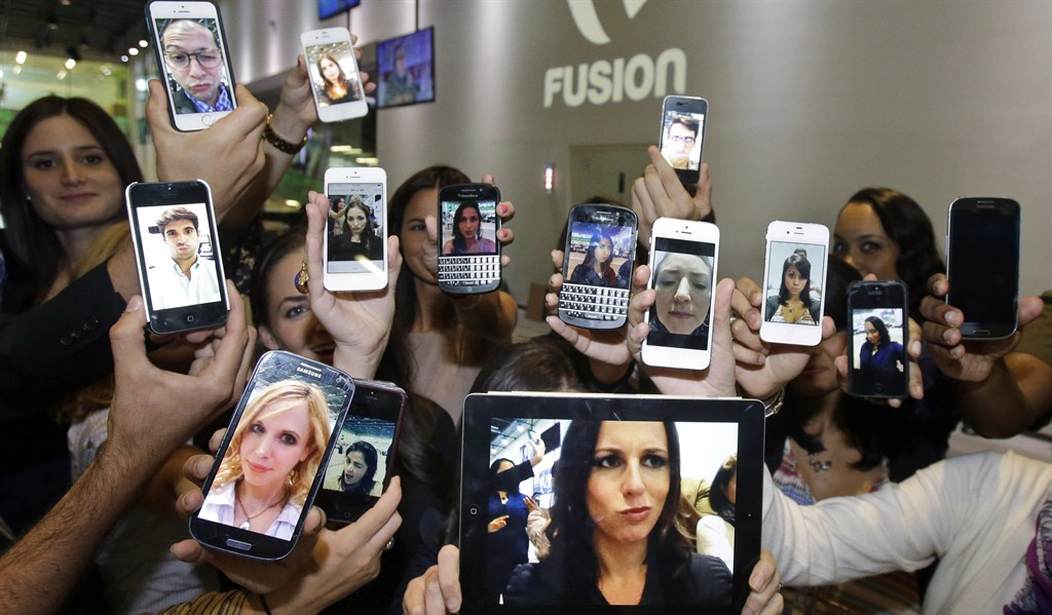"Funeral selfies," pictures teens take of themselves at the funerals of loved ones and then share online, have recently become the subject of intense controversy. Yet it is no surprise that the next generation has turned to social media friends-of-friends networks for comfort in the absence of strong, traditional support networks.
Mainstream media outlets condemned these millennials here and here. Other mainstream media outlets rushed to defend them here and here.
Some have been quick to resign humanity to its new funeral selfie fate. Regardless of whether you agree that the funeral selfie is here to stay, it is important to understand how our society got to this point in the first place.
As someone who lost her father as a teen, I know from personal experience that it is near impossible to endure such a loss at a young age without the support of others. Traditionally, extended families, neighborhoods, churches or religious organizations, and even tight-knit school and work communities would come together to lend the support of a group in solidarity to its grieving individuals. Group support is especially crucial for young adults, who benefit most from the help of those who are more mature and have experienced loss.
When our communities decline, it is this demographic - the ones taking funeral selfies - who suffer the most. As they struggle to cope with the loss of a loved one, the closest thing to a support network they can think of is their social media community. Funeral selfies are just one symptom of a wider problem that includes general sympathy-seeking online. (For example, when someone tweets about a funeral in the same style it falls into the same category as the funeral selfie. The evidence speaks for itself here.)
Recommended
Social media is not inherently evil - in fact, it can prove to be a useful tool for engaging the grieving. The problem begins when online communities replace more substantial, deeper ones. In the end, traditional communities not only provide more meaningful and long-lasting support. They also allow these struggling teens to honor the memory of the deceased in a way that is respectful and upholds the values that make those communities so strong. Families, churches, and schools must make clear the healing power of respecting the privacy of the deceased and maintaining the sanctity of grief. We as a society have a duty to show the next generation how much love is waiting right in front of them - to lift them up in their time of struggle - if only they would put down their iPhones and see.
The bottom line is this: if you spend one minute scrolling through the entries on this website or this one and aren't horrified and saddened, then you are part of the problem.

























Join the conversation as a VIP Member